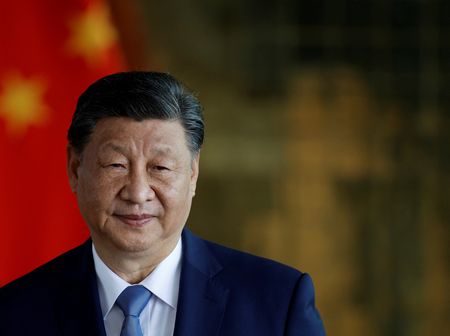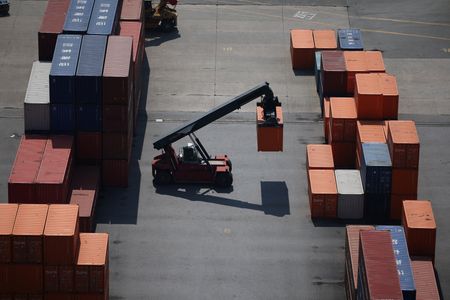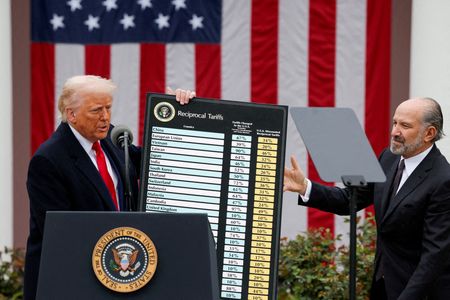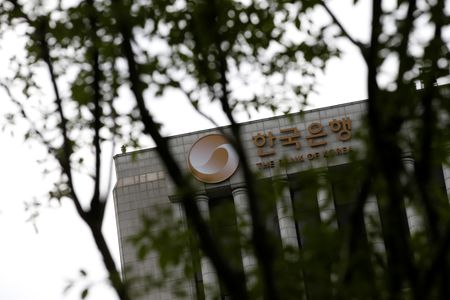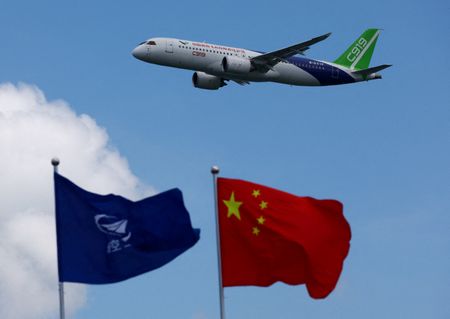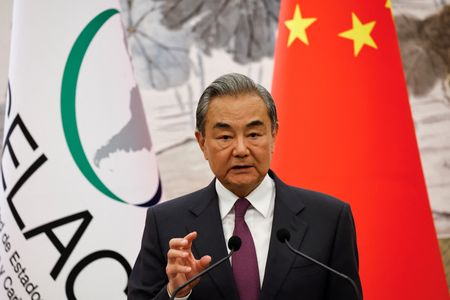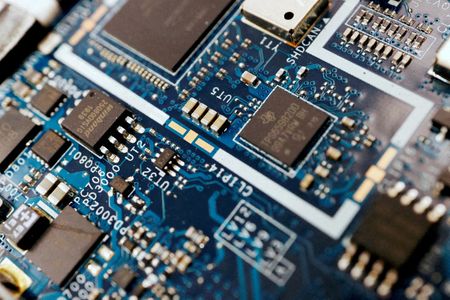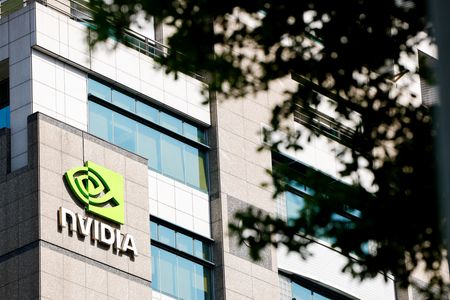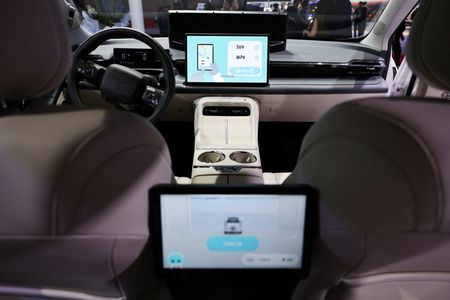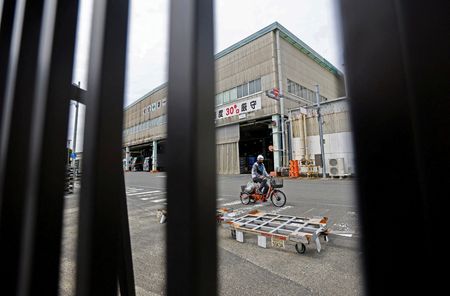(Reuters) -China’s President Xi Jinping spoke on Monday at a symposium on private enterprises attended by tech entrepreneurs including Alibaba co-founder Jack Ma, state media said, but gave no specific details.
Last week Reuters reported the symposium aims to boost private-sector sentiment, with Xi expected to encourage executives to expand their businesses despite a deepening China-U.S. tech war.
Here are comments about the meeting:
CHARLIE CHAI, A SHANGHAI-BASED ANALYST AT 86RESEARCH:
“We believe the event will likely be followed by concrete pro-technology policies. Potential moves include shifting focus from ‘national security risks and social externalities’ to a more risk-taking approach to technology application.
“(This would) include potentially accelerating the mass deployment of generative AI, autonomous driving, and humanoid robotics.
“Similarly, securities regulators are likely to adopt a more accommodative stance, allowing technology companies greater access to capital markets to finance growth, which could help resolve uncertainties around listing and re-listing timelines (e.g., Didi, Ant, Temu).”
ALFREDO MONTUFAR-HELU, HEAD OF THINK TANK THE CONFERENCE BOARD’S CHINA CENTER:
“That President Xi chaired this symposium signals a recognition from China’s top party leadership of the significant role that Chinese private firms can play in the support of growth, and, more importantly, in realising the technological ambitions of China in the face of growing Western restrictions.”
“We should expect more support to the private sector, especially in areas of strategic importance for the country.
“Despite their flaws, DeepSeek now, and Huawei’s Kirin chip before, send a strong message to the West: that China not only has the intention but also resources and capacity to innovate its way out of technology restrictions, no matter how costly.”
FRED HU, FOUNDER & CHAIRMAN, PRIMAVERA CAPITAL GROUP, HONG KONG:
“President Xi’s meeting with Chinese private entrepreneurs clearly represents a major course correction.
“The private sector, long the backbone of the Chinese economy and the most important growth engine, has been battered in recent years by mounting policy and regulatory uncertainties, with dire consequences to China’s economy, and worse, to its labour market with rising youth unemployment.
“The leadership’s well-publicised meeting with some of the country’s most high-profile entrepreneurs, such as Jack Ma, could not come at a more critical juncture.
“It should help reassure rattled entrepreneurs and lift up business and investor confidence in China.”
TOM NUNLIST, ASSOCIATE DIRECTOR AT POLICY RESEARCH CONSULTANCY TRIVIUM CHINA:
“The tech crackdown has been definitively over for some time and the government has been trying to push increased confidence for the private sector, and tech sector, in particular.
“There’s been some continued scepticism because at the end of the day it’s Xi Jinping’s opinion that matters most. You cannot do better than having Xi Jinping personally give the nod of approval.
“I think it took so long to have this meeting because Xi is changing course.”
XIAOYAN ZHANG, CHAIR PROFESSOR OF FINANCE, TSINGHUA UNIVERSITY, BEIJING:
“I think the meeting’s purpose is to make sure that the private sector understands, for the stability and for the growth of the economy, they are a very important part of the economy.
“I think the purpose is to tell them, ‘We want to support you. We need you to boost innovation, technological innovation, and we need you to boost consumption.’ I think (the purpose is) to inject confidence in there.”
GARY NG, SENIOR ECONOMIST FOR NATIXIS, HONG KONG:
“Despite the rising opportunities in the case of DeepSeek, it is also about guiding the private sector in the government-led direction and containing the potential risks to compete with the United States.
“The market reads it as a positive signal to include Jack Ma in such a meeting and hope for the end of the tech crackdown. Still, the regulatory environment is the black box.
“As most AI development happens in the private sector, we cannot entirely rule out the outcome of a tighter-than-market-expected regulatory environment than we see now.”
CHRISTOPHER BEDDOR, DEPUTY CHINA RESEARCH DIRECTOR, GAVEKAL DRAGONOMICS, HONG KONG:
“I think it’s a tacit acknowledgement that the Chinese government needs private-sector firms for its tech rivalry with the United States.
“Policymakers would probably prefer if industrial-policy planning and state-owned enterprises were able to make innovative breakthroughs at the technological frontier.
“But the disruptive innovations are coming from private-sector companies. The government has no choice but to support them if it wants to compete with the United States.
“His (Jack Ma’s) presence would be hugely symbolic of how the government’s stance towards the tech sector has changed. If there’s one person associated with the tech crackdown, it’s Jack Ma.
“As for the signal – we’ve seen Xi run this playbook before. He clearly wants to send a message that the government is now supportive of the tech sector.
“It’s more or less a total reversal of the policy stance from a few years ago.”
(Reporting by Beijing, Shanghai, Hong Kong and Singapore newsrooms; Editing by Gerry Doyle and Clarence Fernandez)

